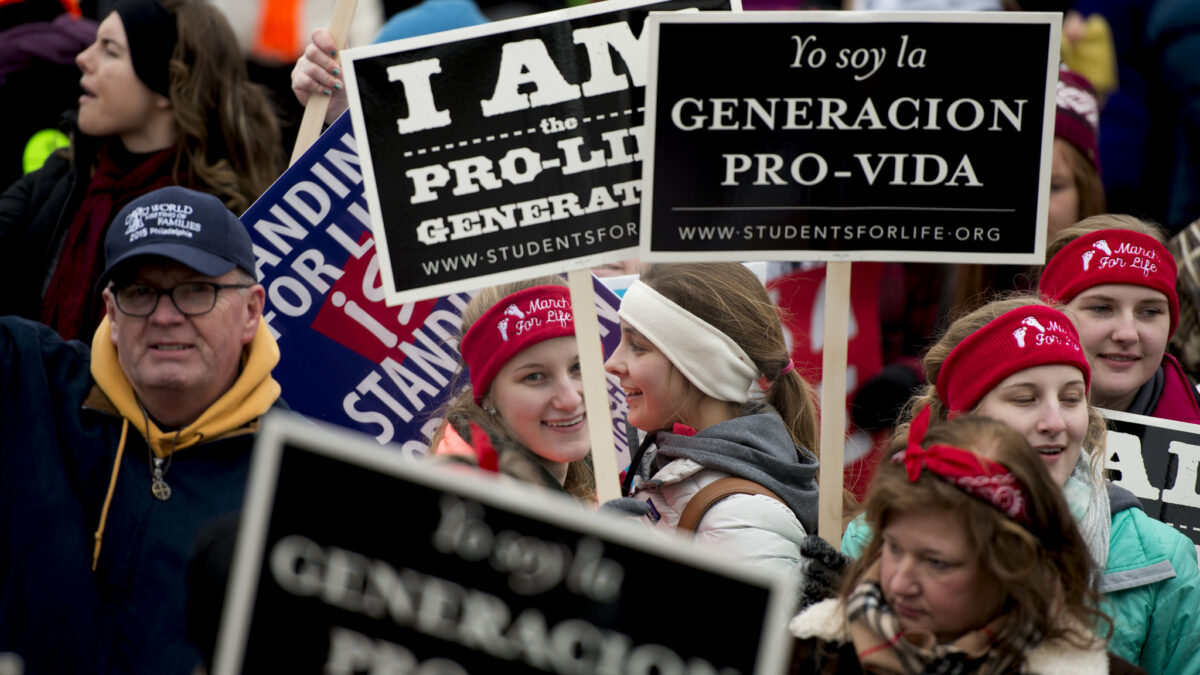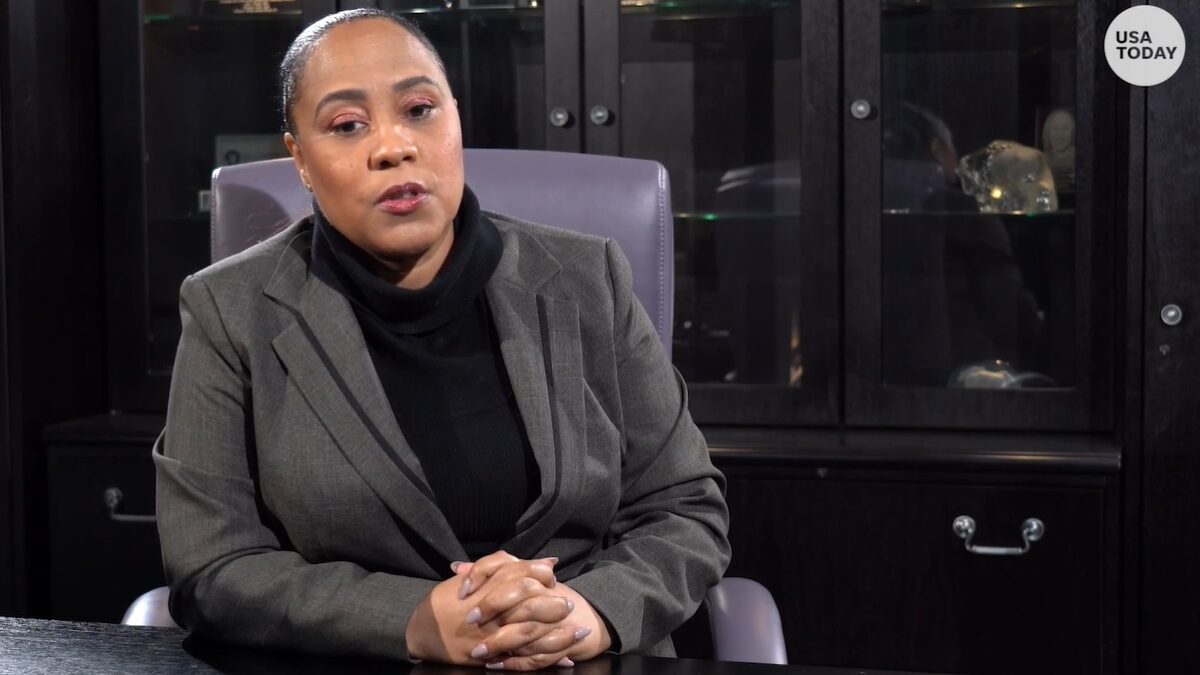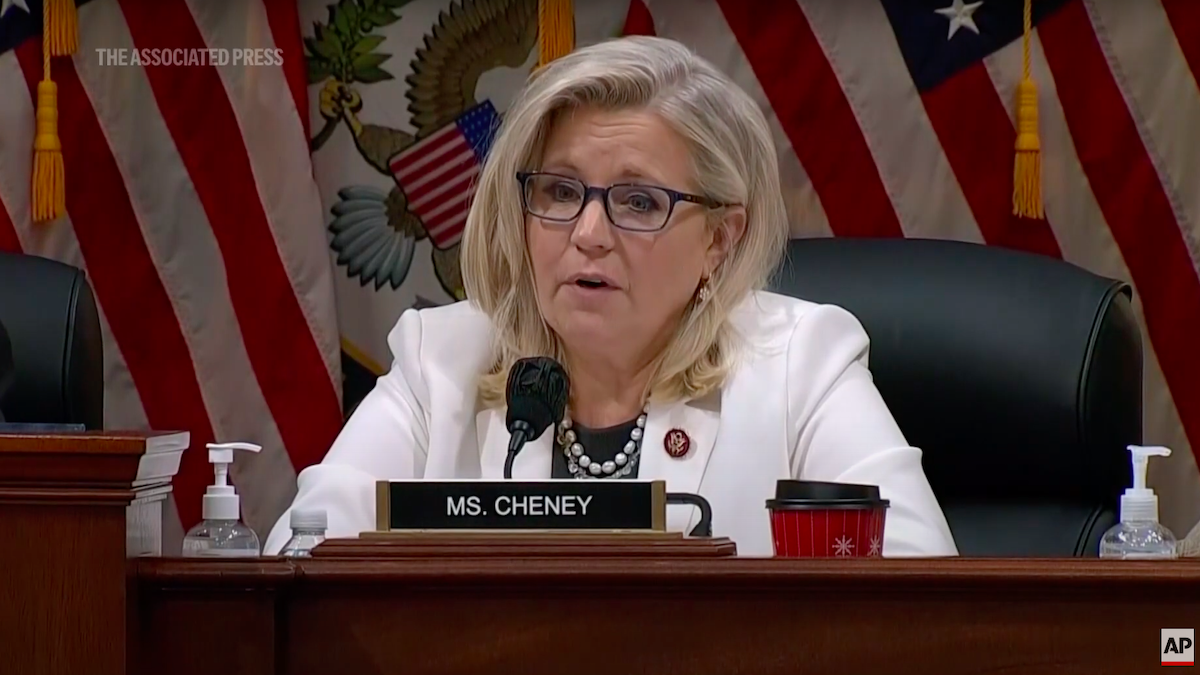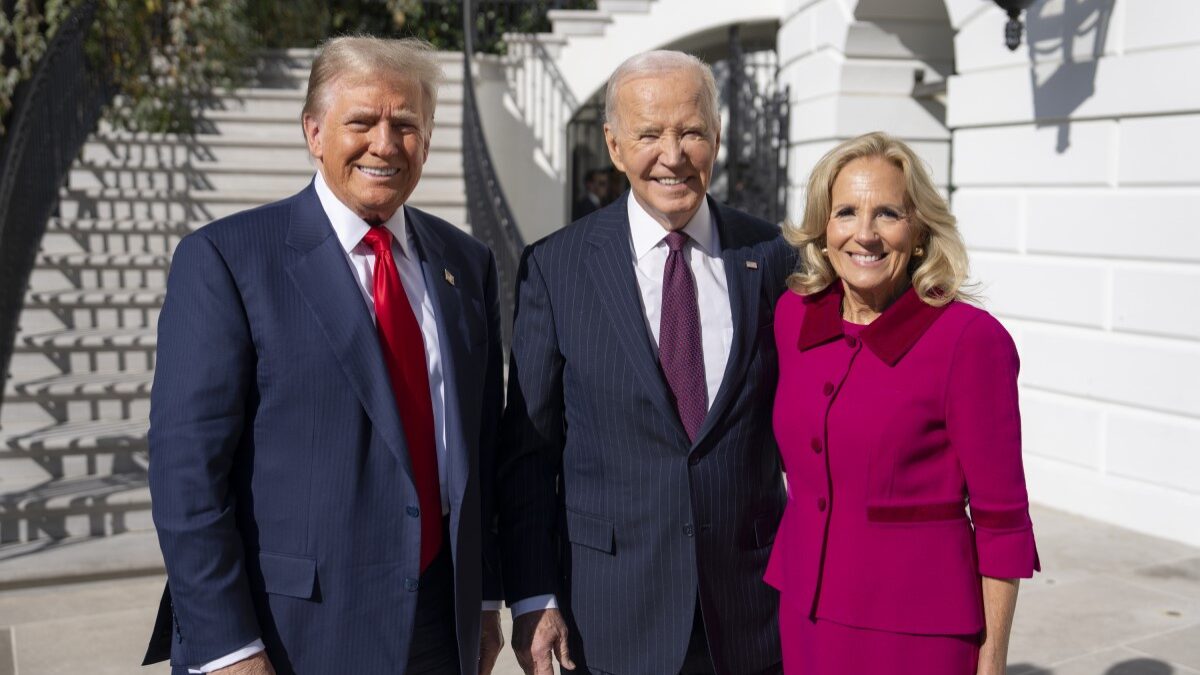
Click the video to watch this episode of “Culture War,” plus an interview with the Conservative Partnership Institute’s Rachel Bovard.
It’s been two weeks since the Supreme Court of the United States heard the oral arguments for Dobbs v. Jackson Women’s Health Organization — the seminal case that could finally see a change to our country’s half-century abortion regime; a regime among the most barbaric on the entire planet.
It’s always cryptic, reading too far into oral arguments. Everything seemed to go well – Justice Brett Kavanaugh (a worry to many pro-lifers) seemed deeply skeptical of the left’s arguments; Chief Justice John Roberts, always cautiously liberal, correctly compared America’s abortion laws to those of China and North Korea.
By the end of the afternoon, folks from NBC News’s legal correspondent Pete King all the way back to our own Mollie Hemingway figured the old ways were DOA.
But things change. In March of 2012, the court heard three days of arguments in a case called National Federation of Independent Business v. Sebelius – the first major case on the constitutionality of Obamacare. During those six hours of arguments, Roberts was engaged; fired up even. The Affordable Care Act looked to be in trouble.
Three months later, Roberts twisted the Senate’s own words and promises to write a tortured majority opinion upholding President Barack Obama’s signature achievement on absurd legal grounds.
The individual mandate, the unprecedented command to buy a product whether you wanted it or not, was actually just a tax, Roberts said. Sure, it hadn’t been a tax when they were writing the Affordable Care Act three years before, but now it was – under a brand-new definition Roberts had just invented, tossing out years of established norms.
According to court reporting at the time, Roberts originally was part of a majority to strike down Obamacare. The opinions were being written; they were debating follow-up questions like whether the individual mandate would be separated or if the whole law had to come down. But then Roberts balked, and despite a month-long effort by Justice Anthony Kennedy to make him flip back, he stayed in President Barack Obama’s corner
Weird, right? What could have changed so much in Roberts’s mind during those three months?
There are a lot of possible answers to that question, which is why it’s so notoriously difficult to read into arguments. Maybe his liberal colleagues swayed him; maybe he came to a different conclusion after a particularly lucid daydream.
The most likely answer, however — based on everything we know about Roberts, and what drives him; what he cares about — was media coverage. Some justices, like Clarence Thomas, avoid even reading press coverage of the Court so they can’t be influenced by it, even subconsciously. Roberts is not one of those justices: He is a man who cares deeply about how he is perceived; meaning he cares deeply about how he is portrayed.
And for those two spring months in 2012, the corporate media echo chamber was united and resounding: The court, they said, can only be seen as legitimate if it contorts itself to do what we want it to do. In The New York Times, an op-ed by Duke law professor Paul Carrington said that if the court dared to toss out the individual mandate, Congress should retaliate by imposing term limits on the remaining justices.
Many other articles suggested similar tactics. If the court wouldn’t uphold the Democratic agenda, then the court was obsolete. Even the president chimed in. It was an absolute triumph of popularity over justice; the ultimate vindication of high school mean-girl rules.
But surely our corporate press has maintained objectivity and decorum over this past week, right? Let’s take a look.
After last week’s oral arguments, CNN legal analyst and would-be-abortion-facilitator Jeffrey Toobin called the day, “a real blow against the Supreme Court’s institutional reputation.”
Terry Moran, the senior national correspondent at ABC News, went on “Good Morning America” to call Justice Kavanaugh’s line of questioning “ominous.”
There’s no legal argument here, CNN’s John King insisted, claiming, “we will see what will be ultimately interpreted as a political decision.”
MSNBC’s Nicole Wallace used the word “stench” seven times to refer to the possibility of striking down abortion.
The New York Times published what Republican Sen. Josh Hawley correctly called an “unhinged rant in favor of abortion” by Linda Greenhouse – a Pulitzer Prize-winning “journalist” who for three decades had – surprise – covered the Supreme Court for – surprise – The New York Times.
Fake war hero Brian Williams hosted a panel where he accused the Democrats of being cowards who weren’t willing to destroy the validity of the Supreme Court to save national abortion.
“Who,” he asked the panel, “thinks that a party that was clowned into putting Kavanaugh and Barrett on the Court, that still acts as if McConnell is in charge of the filibuster, is going to gather the votes, the guts, and the ability to somehow pack or alter in any way the Supreme Court?”
CNN’s Anderson Cooper put on his super-serious intellectual glasses to talk to Democratic Sen. Chris Murphy about how Republicans are hypocritical to oppose abortion while not wanting to ban all guns.
MSNBC’s Alicia Menendez brought on a Black Lives Matter activist to talk about her very important tweet that, “the roots of the pro-life movement are about preserving segregation and building a white supremacist religious right.”
“Tell me more,” Menendez pleaded.
CNN wasn’t about to be left out of the racism game either. Host John Berman introduced the subject as one that “could fundamentally alter life and choice for millions of women,” before tossing to assistant law professor and CBS law contributor Alexis Hoag, who called federalism [quote] “terrifying,” and compared opposing Roe v. Wade to being pro-slavery.
MSNBC’s Joy Reid said a decision to roll back our abortion laws would turn all women into “secondary constitutional citizens,” and force them to “leave the babies on the doorstep of the firehouse.”
It hurt her as a black woman and a “sister,” she continued, to see Justice Clarence Thomas on the bench, comparing banning abortion to state-sponsored enslavement. “Pregnancy,” she insisted “can actually be dangerous to a woman’s health, especially when you live in a country like the United States.”
Human dough ball Elie Mystal agreed wholeheartedly, insisting that, “a fetus is not deserving of full personhood rights,” and that Christians, “are only concerned about the right of a fetus when that right can be used to diminish the rights of women.”
Comb-over artist Chuck Todd competed with them all, throwing an on-air pro-abortion tantrum that would satisfy the most cringe-worthy of teenaged activists.
“You’re worried about the liberty of the unvaccinated,” he told Republican Sen. Mike Braun, “what about the liberty of the woman who doesn’t want to carry a pregnancy to term? Why should the government force that you don’t want the government to force people to get a vaccine?”
Not to be left out, supposed comedian Stephen Colbert told his audience that since we might not be allowed to kill our children anymore, in some states, where voters choose it, then we “no longer live in a democracy.” Amazingly, his take was less demented than the supposed comedians of “The View.”
This is just some of the coverage we’ve seen in the less than two weeks since the oral arguments were made. The case is far from lost – and there’s no doubt panic is spreading fast through Democratic ranks, but notice this: The left knows the fight is not over.
They know they can still pull a win out. They’ve done it before; they can do it again. And this is a key and fundamental difference between the Democratic Party and the GOP: They don’t stop.
When’s the last time you heard a Democratic politician say, “Hey guys, election’s over; thanks for your help, everyone head home and we’ll see you again in two years?” You haven’t heard that because they have never said anything remotely like that.
Instead what you’ll hear is, “The election is over, but the fight has just begun.” They count on their activists to come with them and help them in the political fights ahead. They count on the media, too.
The Dobbs arguments were a long time coming. Many people fought their whole lives for that day. Too many who prayed and who loved and who gave it their all never even lived to see it. We’re lucky we did.
But the fight’s not over. We can’t just go home and let the court decide what the court decides. There’s a role for us now, and it’s in our newspapers and magazines; in our letters to the editor and our town hall meetings; it’s in our marches and our rallies and our prayers.
On a sunny day two weeks ago, our politics in this country changed forever, no matter the outcome. But this is our moment; what we’ve been fighting for all these years. And we must seize it.








